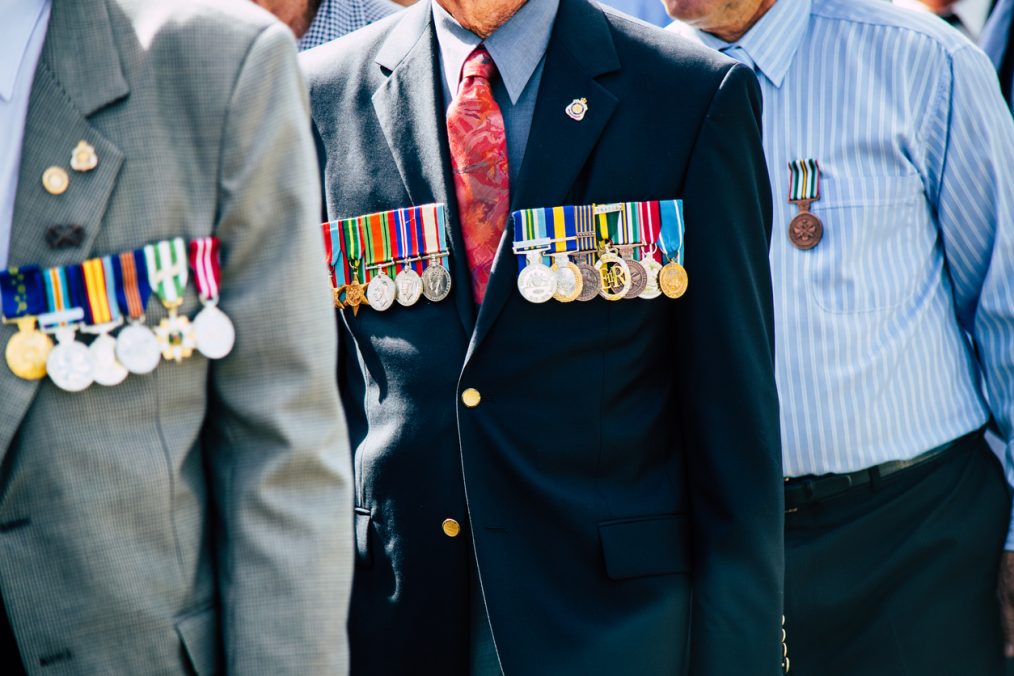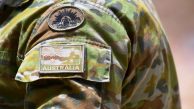
A Call for Urgent Action by Royal Commissioner
The gravity of the military veteran crisis has been underscored by the chair of the royal commission into veteran suicides, Commissioner Nick Kaldas, who has urgently called for immediate action. Recent figures, unveiled by the Australian Institute of Health and Welfare on Tuesday, have revealed a staggering 1677 suicides among serving personnel, veterans, and reservists between 1997 and 2021. Disturbingly, this data only captures suicides from July 1985 onward, highlighting the severity of the issue.
The report brings to light alarming statistics, revealing that veteran women are twice as likely to die by suicide compared to the general female Australian population, irrespective of whether they served permanently or in the reserves. Men who enlisted in the permanent forces face a 42% higher likelihood of suicide than the national average. However, those who exclusively served in the reserves do not exhibit an increased likelihood of suicide.
Of the recorded 1677 suicide deaths, 1542 were men and 135 were women, painting a grim picture of the challenges faced by both genders within the veteran community. Commissioner Nick Kaldas responded to these harrowing figures by emphasizing the need for urgent action. He declared, “This report reinforces that we are dealing with a national crisis. I urge the government and its agencies to work with us to achieve better outcomes for serving and ex-serving ADF members, and their families.”
In response to the crisis, Veterans’ Affairs Minister Matt Keogh announced a substantial funding injection of almost $17 million for veteran and family services. Minister Keogh emphasized the imperative outlined by the royal commission into defence and veteran suicide, stating, “There is no time to waste in improving services and supports to the veteran community.” The allocated funds are intended to support larger projects that can be swiftly implemented to provide essential services to veterans and their families where they are most needed.
As the royal commission progresses, a final public hearing is scheduled to take place in Sydney in March. During this hearing, senior defence leaders are expected to present evidence, shedding light on potential systemic issues and contributing to a comprehensive understanding of the factors leading to veteran suicides. The outcomes of this royal commission have far-reaching implications, not only for the immediate implementation of effective support services but also for fostering a broader societal awareness of the challenges faced by military veterans and the imperative to address them urgently.




